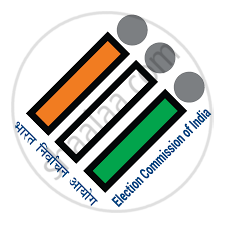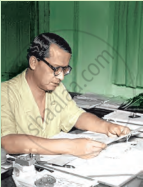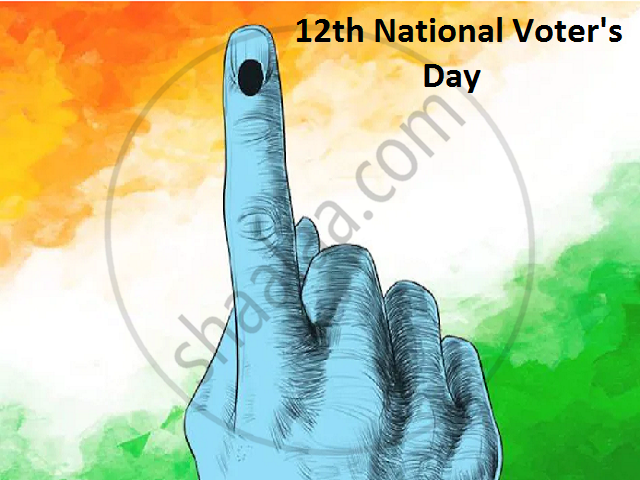Topics
Historiography : Development in the West
History : Applied History
Working of the Constitution
Historiography : Indian Tradition
The Electoral Process
Political Science : Working of the Indian Constitution
Applied History
Political Parties
History of Indian Arts
- What is ‘Art’?
- Indian Traditions of Visual Arts (Drik Kala): Painting
- Prehistoric Paintings
- Mural Paintings and Cave Painting
- Folk Styles of Paintings
- Classical Styles of Painting
- Miniature Paintings in Manuscripts
- Modern Indian Paintings
- Indian Traditions of Visual Arts (Drik Kala): Sculpture Art
- Indus Civilization Sculpture
- Folk Styles of Sculptural Art
- Classical Styles of Sculptural Art
- Indian Iconography
- Indian Traditions of Visual Arts (Drik Kala): Architecture and Sculpture
- Rock-cut Architecture
- Temple Architecture
- Indo-Islamic Architecture
- Indo-Gothic architecture
- Indian Traditions of Performing Arts
- Indian Theatre
- Indian Music
- Indian Dance
- Present Scenario of the Performing Arts
- Art, Applied Art, and Professional Opportunities
Social and Political Movements
- Movement
- Important Movements in India
- Tribal Movement
- Farmers Movement
- Worker's Movements
- Women’s Movement
- Environment Movements
- Consumer Movement
Mass Media and History
Challenges Faced by Indian Democracy
Entertainment and History
Sports and History
Tourism and History
Heritage Management
History - Imperialism
History - 20th Century Age of conflict
History - Emancipation of Asia and Africa
History - World after World War 2
Political Science
Geographical discoveries and colonization
- Concept for Geographical Discoveries and Colonization
Africa
- Imperialism - Africa
Asia: India, China, Japan
- Concept for Asia: India, China, Japan
Dictatorships in Europe, Second World War and world
- Concept on Dictatorships in Europe
- Concept for Second World War and World
First world war
- Concept on First World War
The League of Nations
- Concept for the League of Nations
Russian Revolution
- Concept for Russian Revolution
United Nations Organization
- Concept for United Nations Organization
Africa
- Emancipation of Africa
Asia
- Emancipation of Asia
Globalization
- Globalization After World War II
Scientific and Technological Progress
- Scientific and Technological Progress After World War II
Cold war
- Formation of the Cold War
Social Diversity and Democracy
- Social Diversity
- Coccept for Caste/Race and Democracy
- Concept for Language and Democracy
- Cocnept for Religion and Democracy
- Concept for Gender and Democracy
- Concept for Democracy and Diversity
Challenges to Democracy Remedial Measures to the Challenges
- Concept for Challenges to Democracy Remedial Measures to the Challenges
Internal work
Democracy
- Democracy - Meaning, Types and Characteristics
Political Parties and Types
- Political Parties
- Importance of Political Parties
- Major National and Regional Parties in India/ Types of Political Parties
Notes
Election Commission
- Elections in our country are overseen by an independent and powerful Election Commission (EC). The Election Commission is crucial to the electoral process in India.
- This independent body, composed of a Chief Election Commissioner and two other commissioners, was formed under Article 324 of the Indian Constitution.
- It has the same level of independence as the judiciary. The President of India appoints the Chief Election Commissioner (CEC). The Chief Election Commissioner, however, is not accountable to the President or the government once appointed. Even if the ruling party or government does not agree with the Commission's actions, it is nearly impossible to remove the CEC.
- The costs related to the Election Commission are covered separately.
 |
- There is no separate staff to perform the functions of the Election Commission. The Election Commission is helped by government officers, teachers, and other employees to execute the process of elections.
- From the announcement of elections to the declaration of results, the EC makes decisions on all aspects of election conduct and control.
- It enforces the Code of Conduct and punishes any candidate or political party who violates it.
- During the election period, the EC has the authority to order the government to follow certain guidelines, to prevent the use and abuse of governmental power in order to increase its chances of winning elections or to transfer some government officials.
- When on election duty, government officers report to the EC rather than the government.
In the last 25 years or so, the Election Commission has begun to exercise and even expand its powers. It is now very common for the Election Commission to reprimand the government and administration for mistakes. When election officials believe that polling in some booths, or even an entire constituency, was unfair, they order re-election. The ruling parties often do not like what the EC does. They must, however, obey. This would not have occurred if the EC had not been independent and powerful.
Text
Do You Know?
|
Sukumar Sen |
|
|
National Voters’ Day |
To create awareness among voters a special campaign is run for voter registration. National Voters’ Day is celebrated on 25th January every year since 2011. The Election commission was established on this day in 1950. |


